The bedrock: Our current agricultural model
“The majority of things we grow are not grown to be eaten by humans. They’re grown as plastics, fillers, bio-fuels, animal feed and commodity exports.”
Our current agricultural model is only 74 years old, started in 1945 straight after WW2. Most of us know that the industrialized agriculture system plays a major role in greenhouse gas emission and climate change with negative impacts including land conversion, habitat loss, wasteful water consumption and soil erosion. And yet, big companies still try to convince us that it’s impossible to change this system because we have become reliant on it for food safety and food security.
This is compounded by the fact that most people don’t differentiate between agriculture and food. The majority of things we grow are not grown to be eaten by humans. They’re grown as plastics, fillers, bio-fuels, animal feed and commodity exports, much of which is subsidized and then dumped in foreign markets.
But there are producers across the world who are willing to do the hard work, the right work, to create a system that works with our planet’s ecology. Producers are the foundation of the food world, and these particular producers are ensuring their sustainability impacts the entire world.
Terroir Tuscany | Photo: Ash Naylor
Substratum: The hospitality industry’s buying power
“Believe it or not, food leaders can change the world”
In Europe, the hospitality industry supports almost 17 million jobs or 8% of the workforce. It's a $480 billion industry - that’s a lot of buying power.
The buying decisions we in the industry make, can have a large-scale impact which supports the vital work of ecological farmers and producers. What we put on our menus and wine lists and the stories our journalists choose to share, all helps to shape consumer attitudes.
Believe it or not, food leaders can change the world. Here’s a few notable examples of chefs who have done exactly that:
Julia Childs made French cuisine commonplace amongst 330 million Americans
Joël Robuchon gave the world the molten chocolate cake
Ferran Adrià taught the world how to make olive spheres through molecular gastronomy
Rene Redzepi showed us how to eat lichen and introduced the world to Nordic dining
Ana Roš introduced the world to a country called Slovenia
Anthony Bourdain taught the world to travel and discover cultures through their foods
As food leaders we travel, we talk and we create networks. These networks provide an international community which, if properly leveraged, can support producer business development and promote culinary tourism, bringing money and renewed interest into regional economies.
Terroir Symposium | Photo: Ash Naylor
Subsoil: Gastrodiplomacy
“Gastrodiplomacy is the tool of using food, wine and cuisine as an instrument to create cross-cultural understanding”
Diplomacy, as we know, is the skill of managing international relations typically through a country’s foreign representatives such as diplomats and ambassadors.
Gastrodiplomacy is the tool of using food, wine and cuisine as an instrument to create cross-cultural understanding and improve international interactions and cooperation. It is taught as a diplomatic tool by a wonderful professor called Johanna Mendelson Forman at the American University. It can be used to create trans-cultural conversations between societies as well as a platform which promotes peace, willingness and understanding.
Food is a language that acts as a portal to a region, its people and their identities. The food we eat reflects our culture, environment, history, politics, religion and socio-economic structure. As the world becomes more radicalized, the food professionals we work with are all passionate about sharing and learning about different cultures. Unfortunately, just 5% of the western world’s population supports the ‘good food movement’ so we need to work together because we still represent a very small percentage of the food system.
Terroir Berlin 2019 | Photo: Sonni Holmstedt
Topsoil: Using Gastrodiplomacy to disrupt the food system
“Ask yourself: Where do your country’s native foodstuffs rank in the world? Who is sharing your stories?”
This might sound like an interesting and nice idea, but you’re probably wondering how this works in practice? How do each of us become ambassadors, support producers, and create a cross-cultural dialogue about food?
Well, let’s look to Italian olive oil as an example. It’s amongst some of the most revered oil in the food world and many claim it's the best. But 80% of the olive oil coming out of the country is actually cheap bulk exports coming from other traditional olive oil producing countries such as Spain, Greece, Turkey, Syria, Morocco, Tunisia and Portugal - who in turn do the same thing. The only advantage Italy has over other countries doing the same thing is a better marketing mechanism. And marketing is simply the tool of being able to tell (and sell) your story. Italian products, and their international fame, helps sustain the viability of its producers.
Ask yourself: Where do your country’s native foodstuffs rank in the world? Who is sharing your stories?
Terroir Tuscany | Photo: Ash Naylor
Organic layer: How to build your gastro-diplomatic community
“A community that supports, nurtures and strengthens has a louder voice”
Share your country with the world.
Petition your tourist boards to support local food systems and culinary tourism.
Create economic opportunities for your producers. Create programs with your trading partners that build cross-cultural links.
Participate in programs that bring together people with knowledge sharing
Know your history.
Find avenues for cross-cultural exchange.
Become ambassadors of each other’s work.
If you practise the above, all this and more will follow:
A community that supports, nurtures and strengthens has a louder voice.
A strong and healthy food system means everyone benefits from their own financial sustainability
People not politics will be promoted
Knowledge sharing means new opportunities for communities
You won’t be burdened by bureaucracy
Terroir Warsaw | Photo: Ola Grochowska
This post was originally delivered as a presentation at the Sangue na Guelra - Blood n'Guts Symposium in Lisbon by Terroir founder, Arlene Stein.






